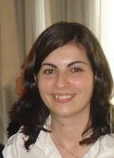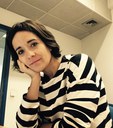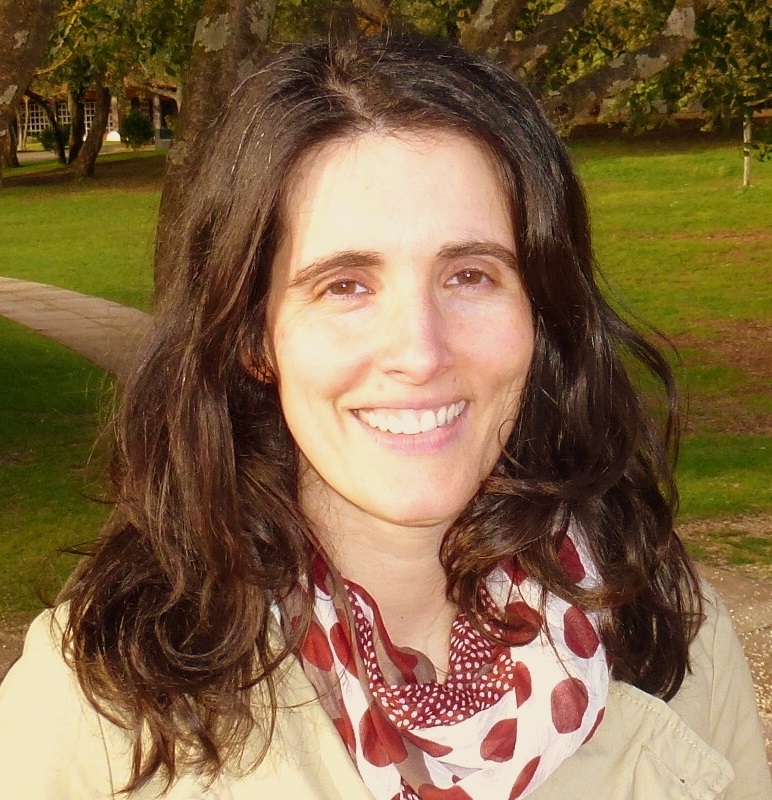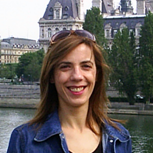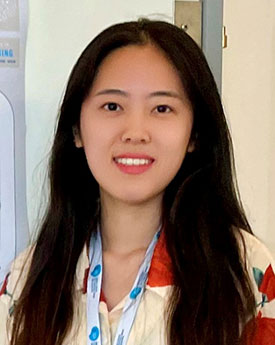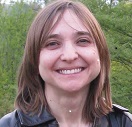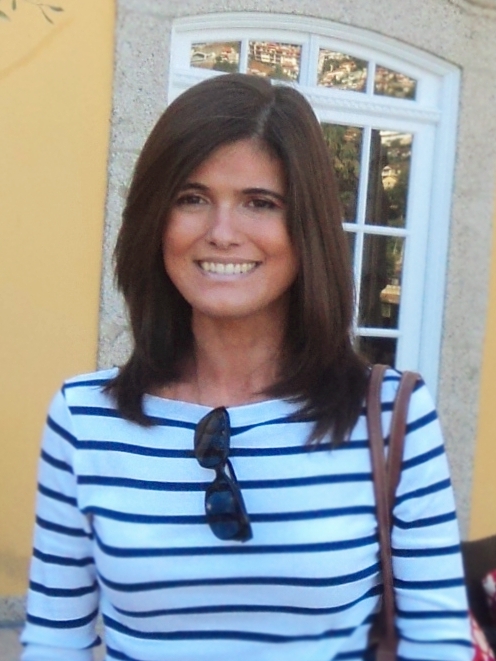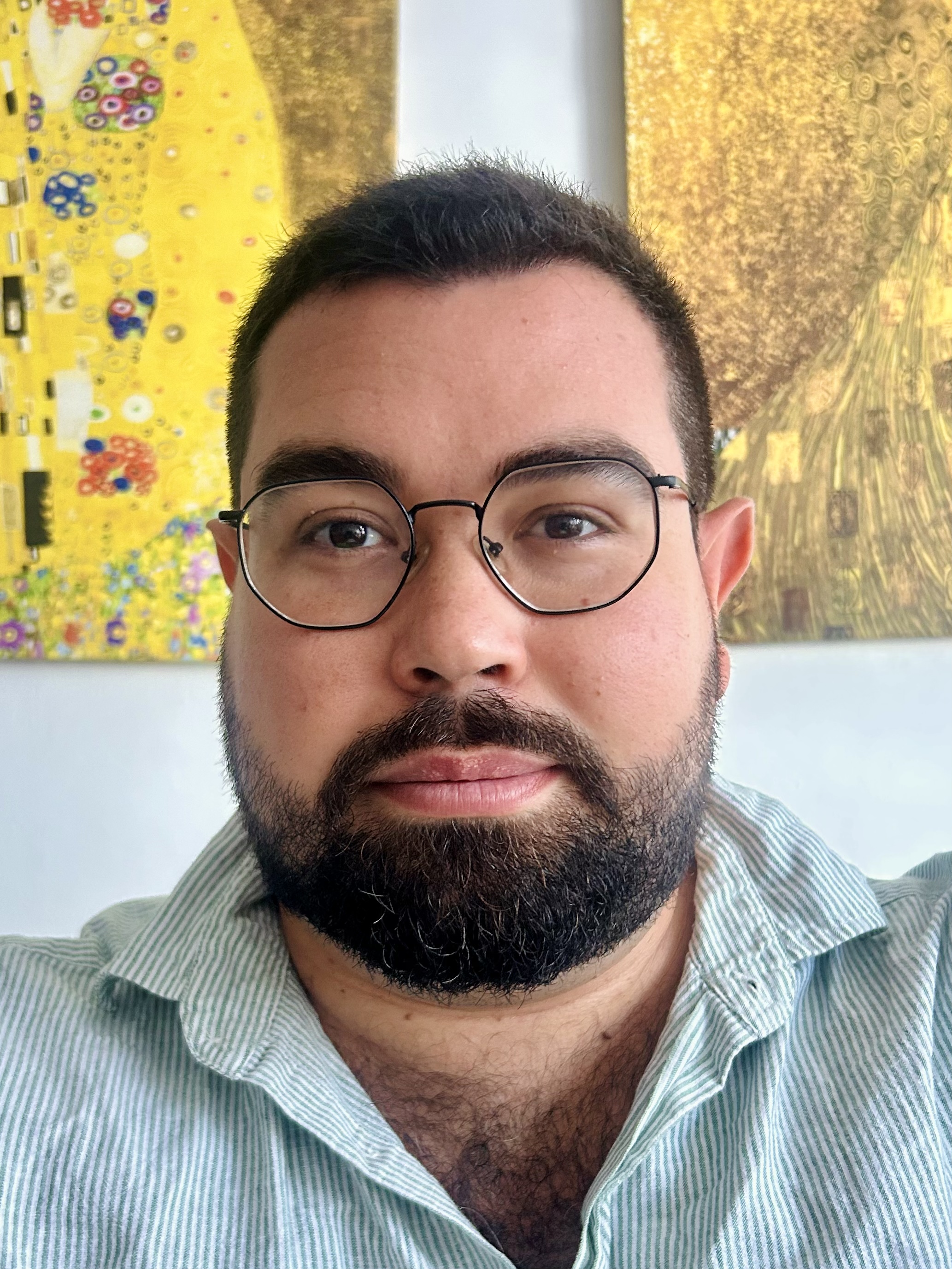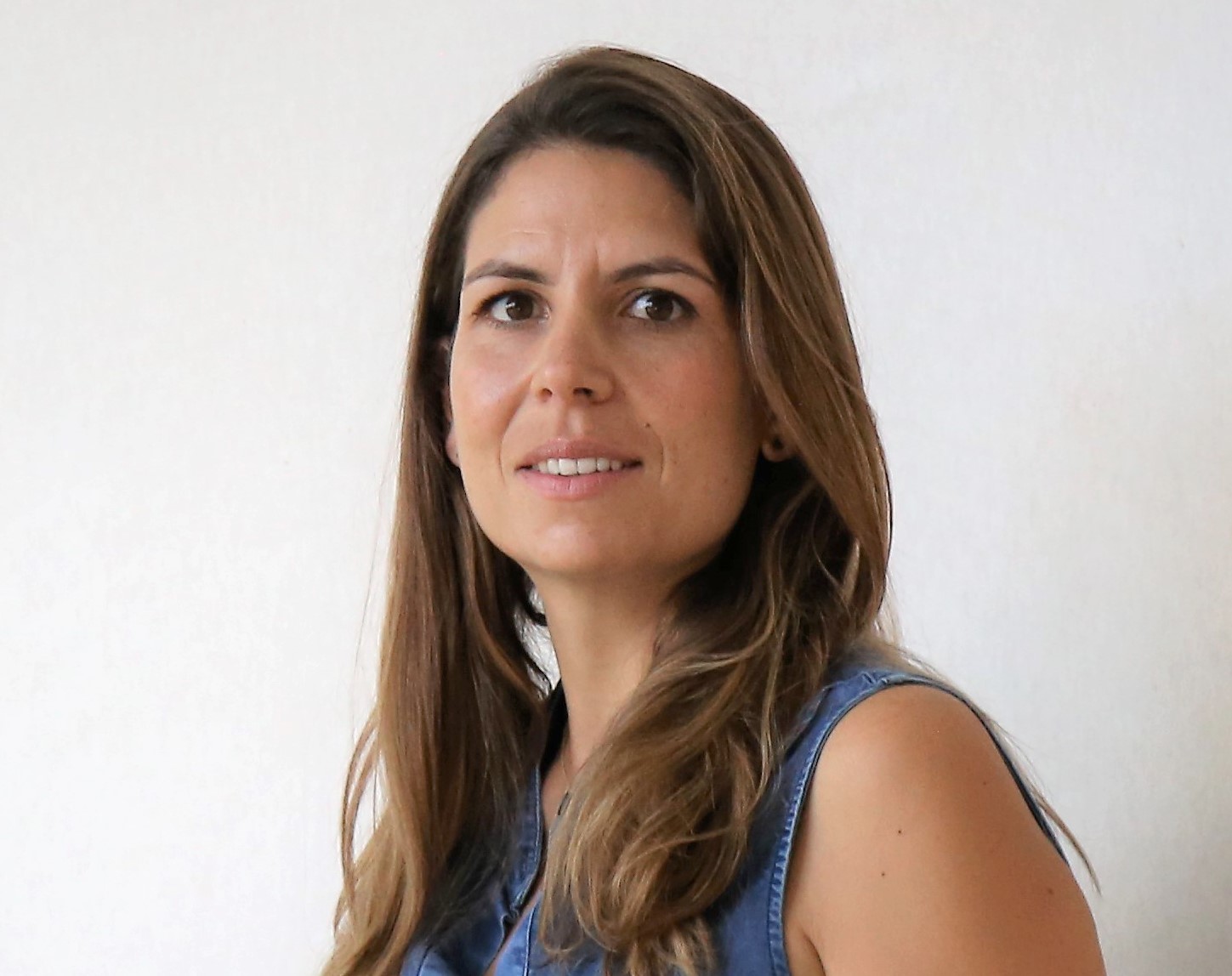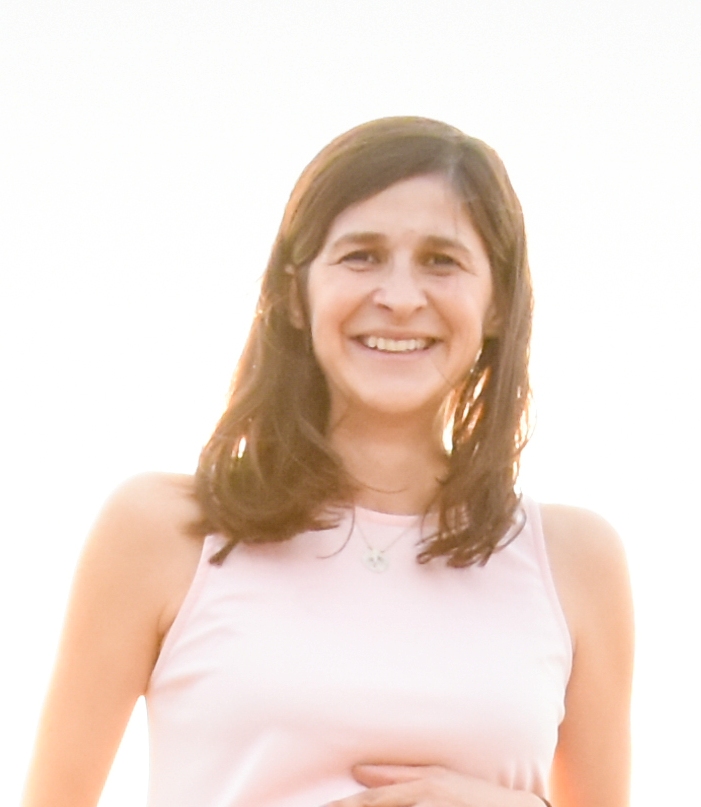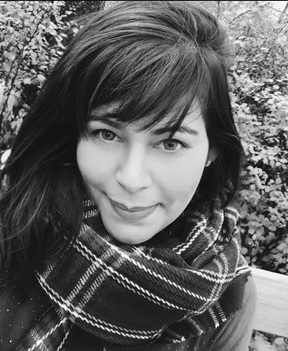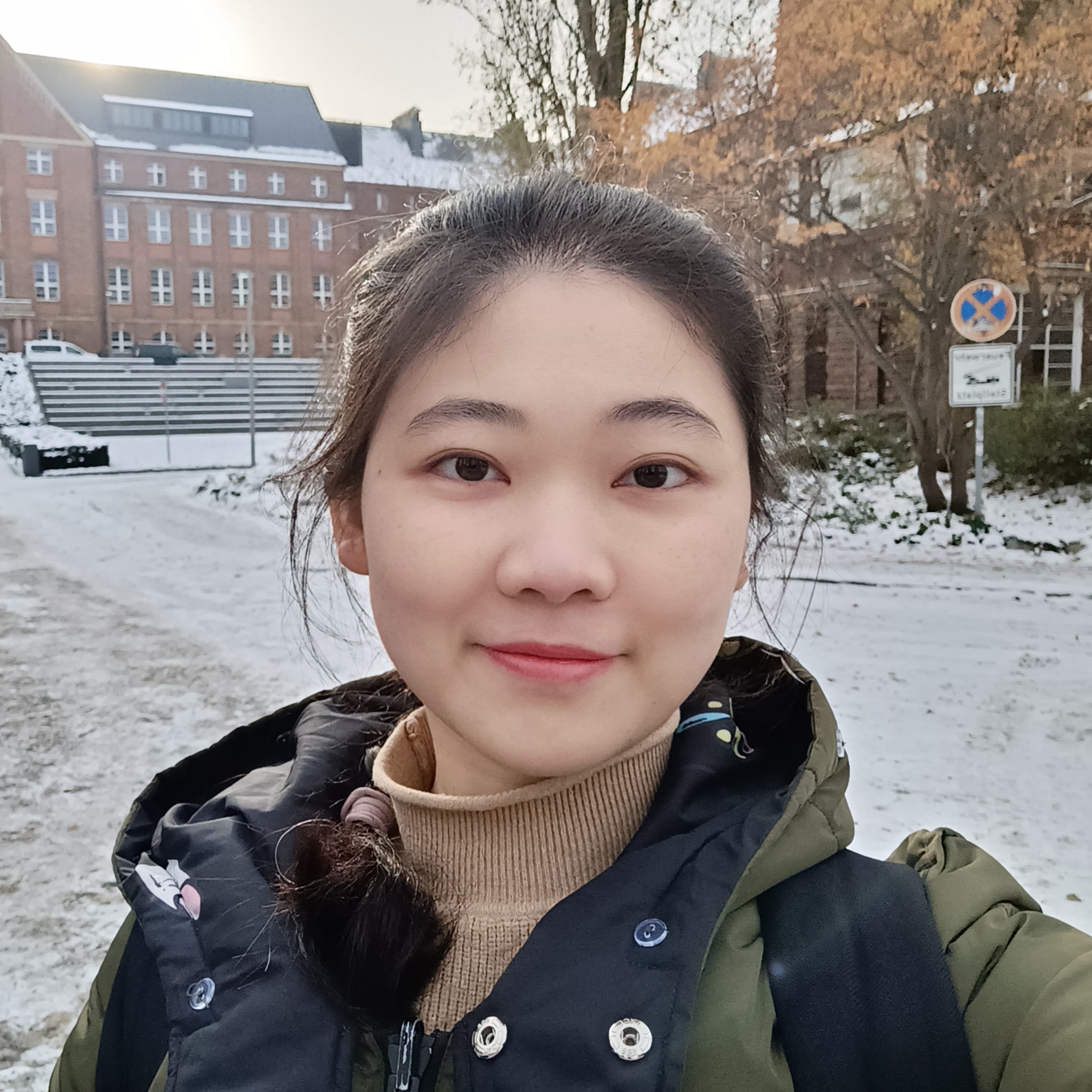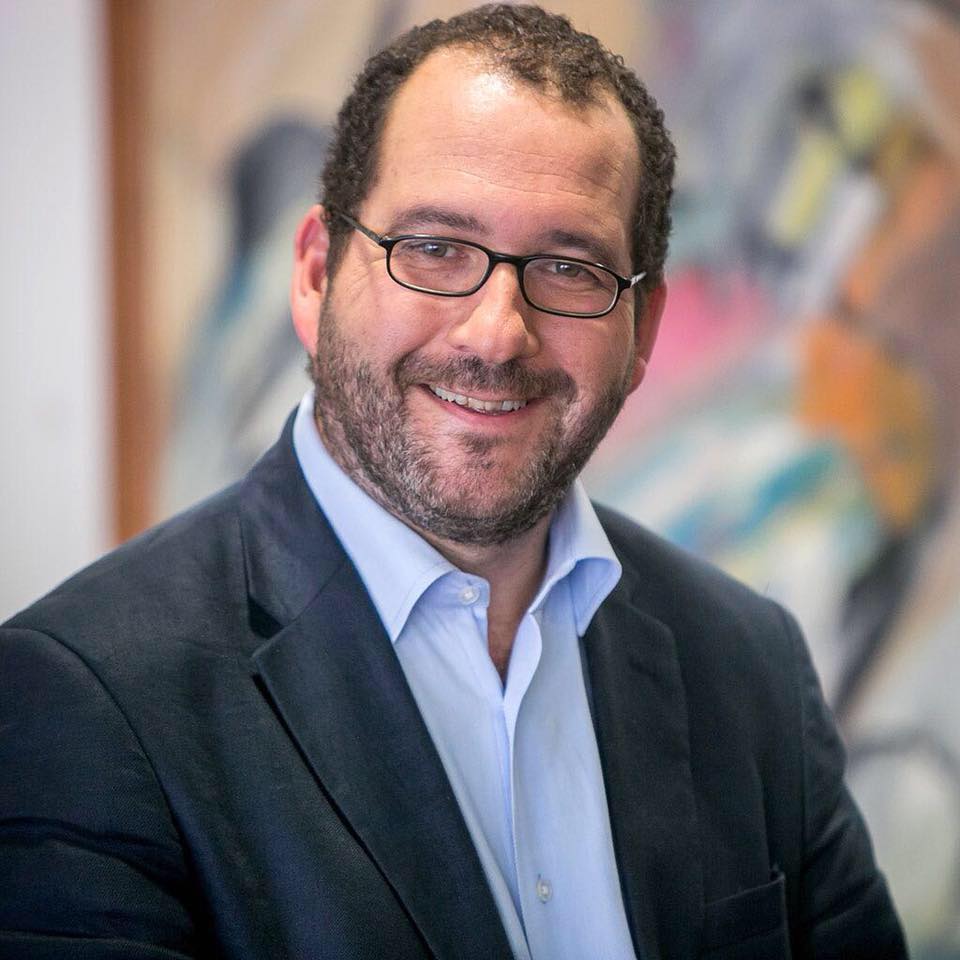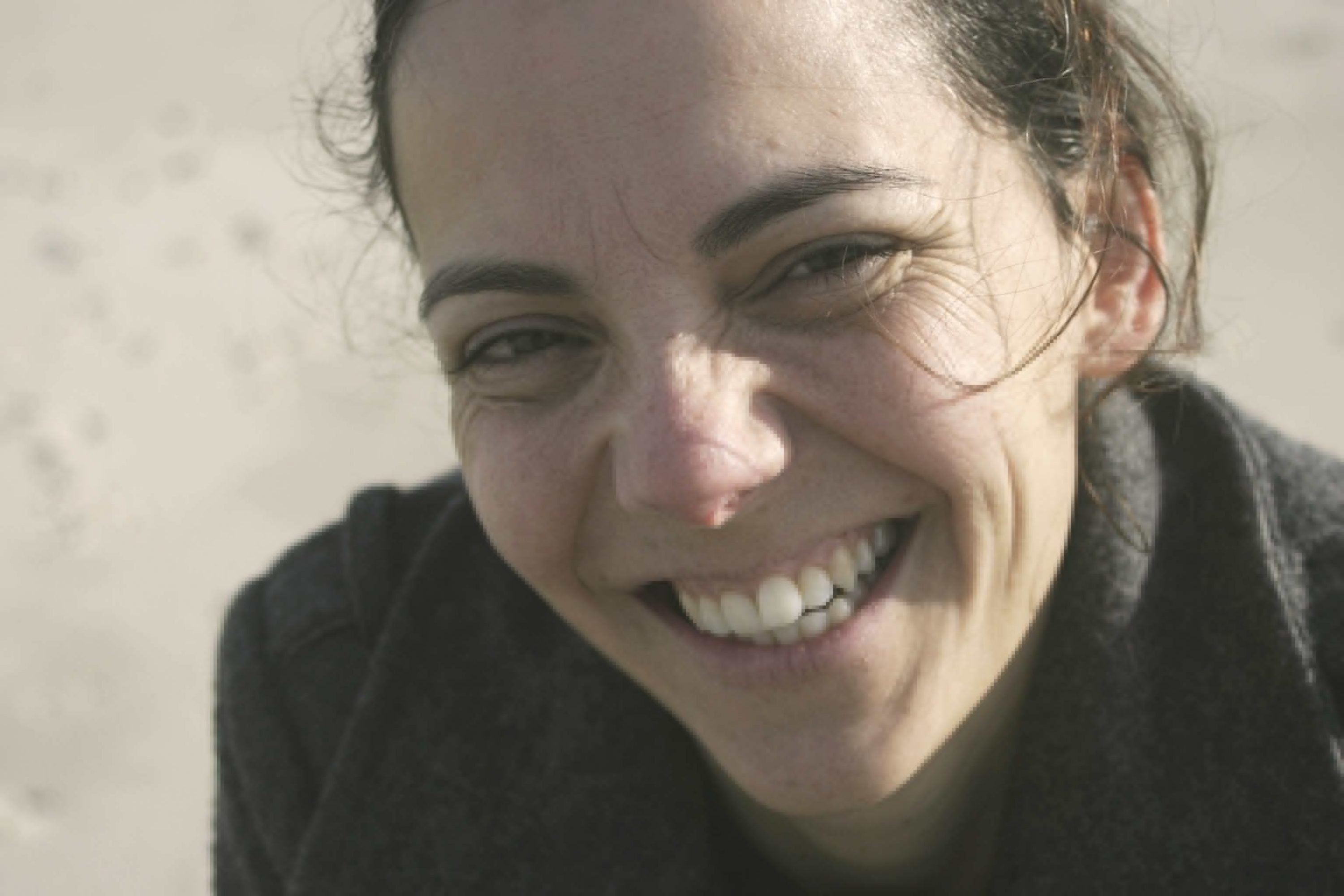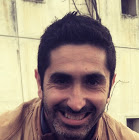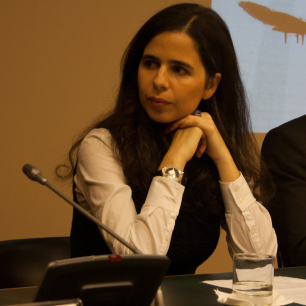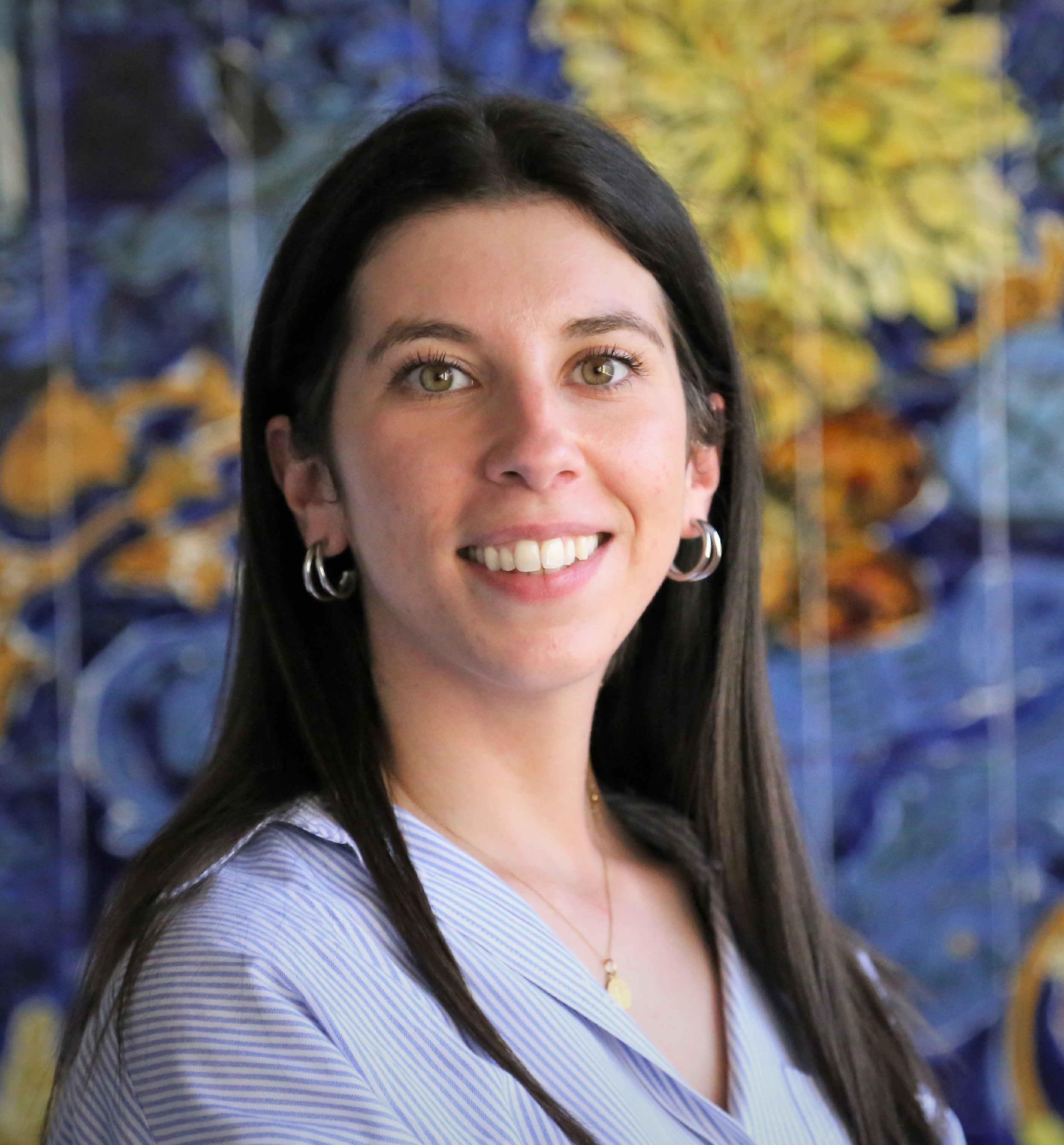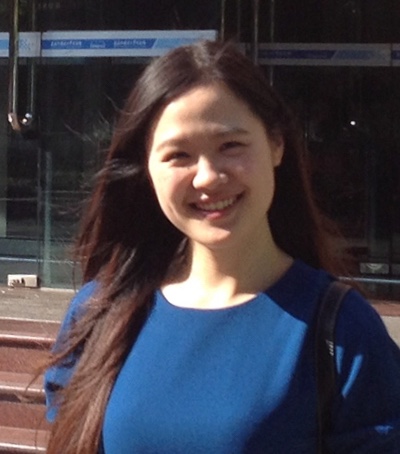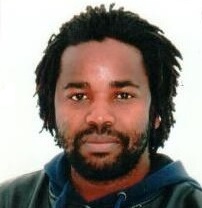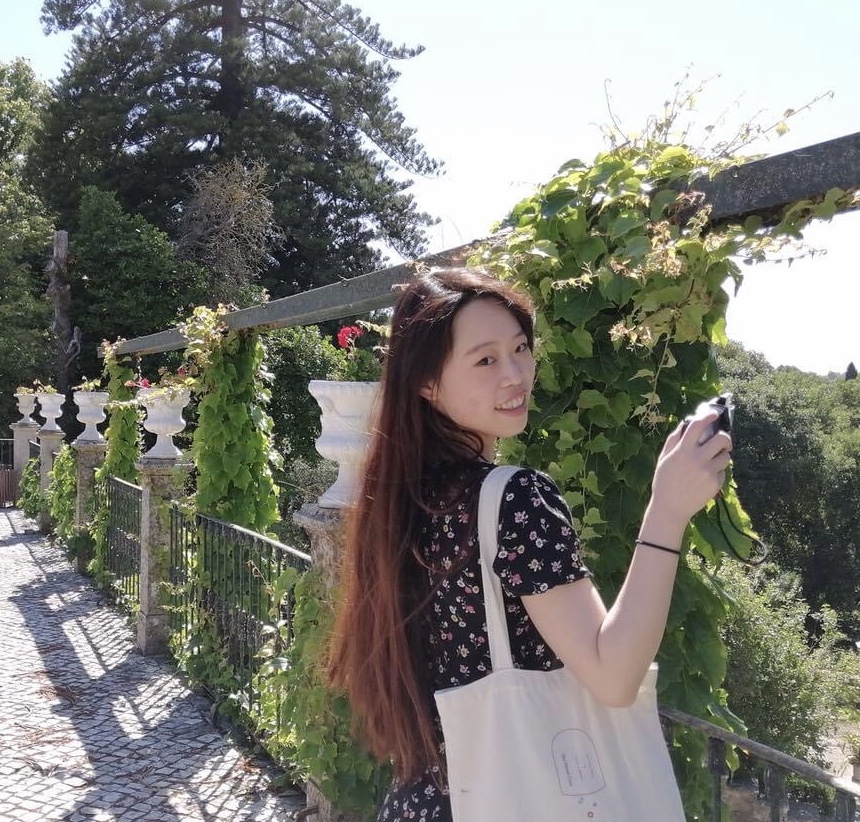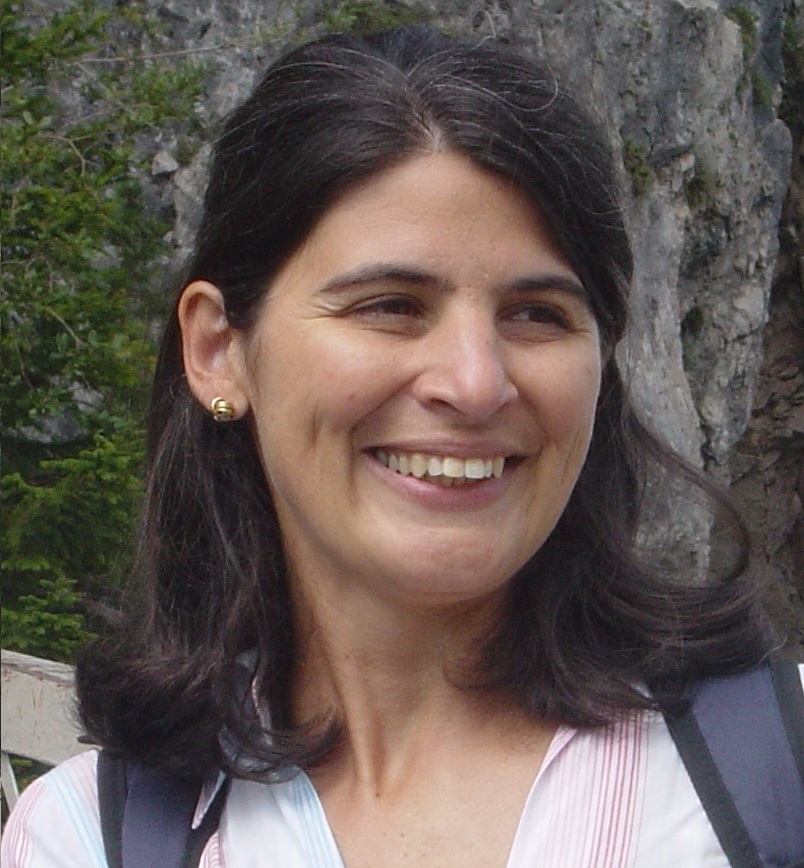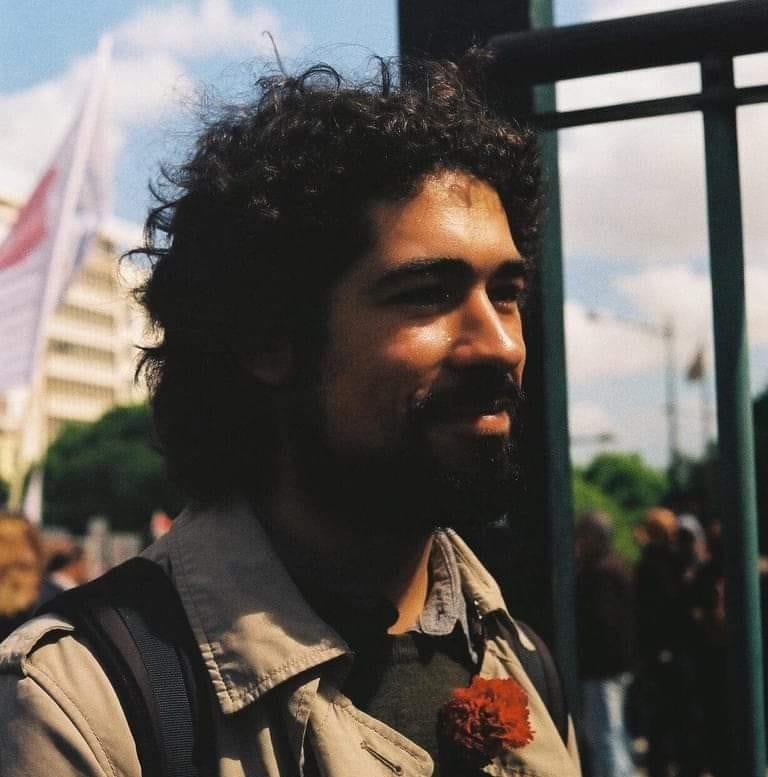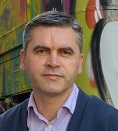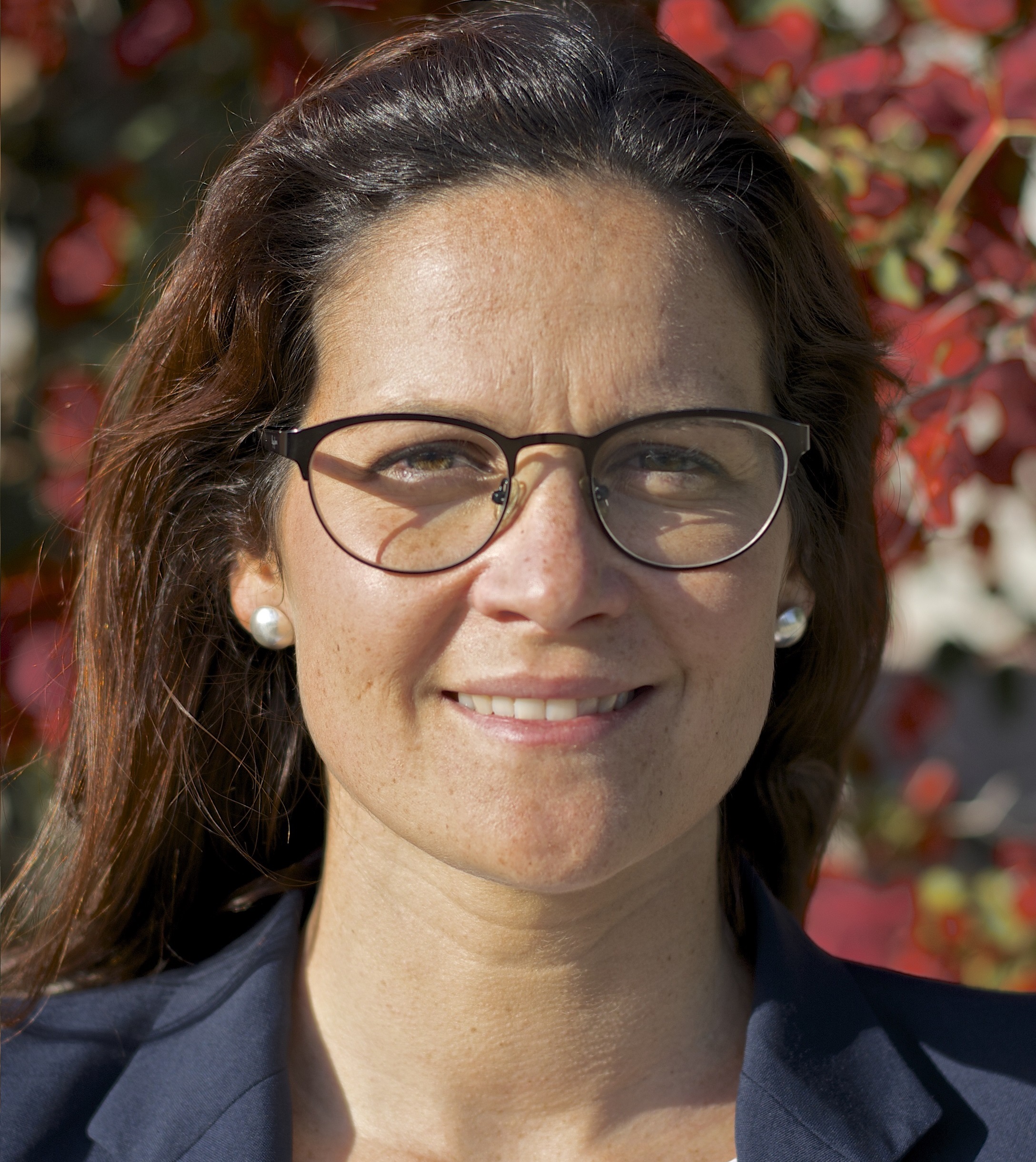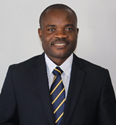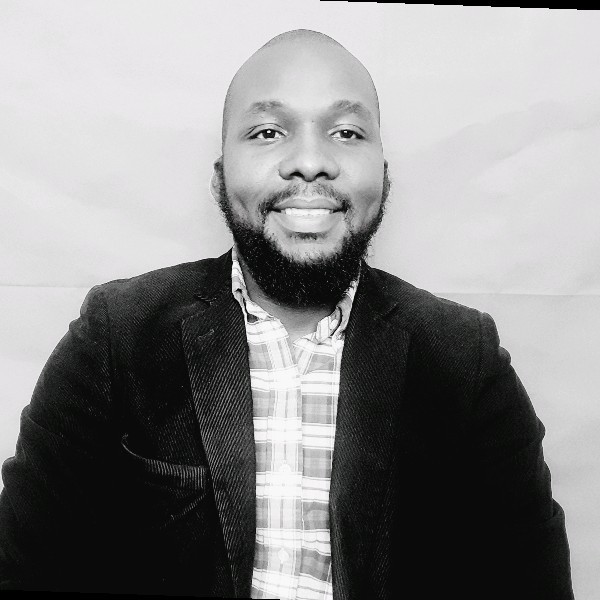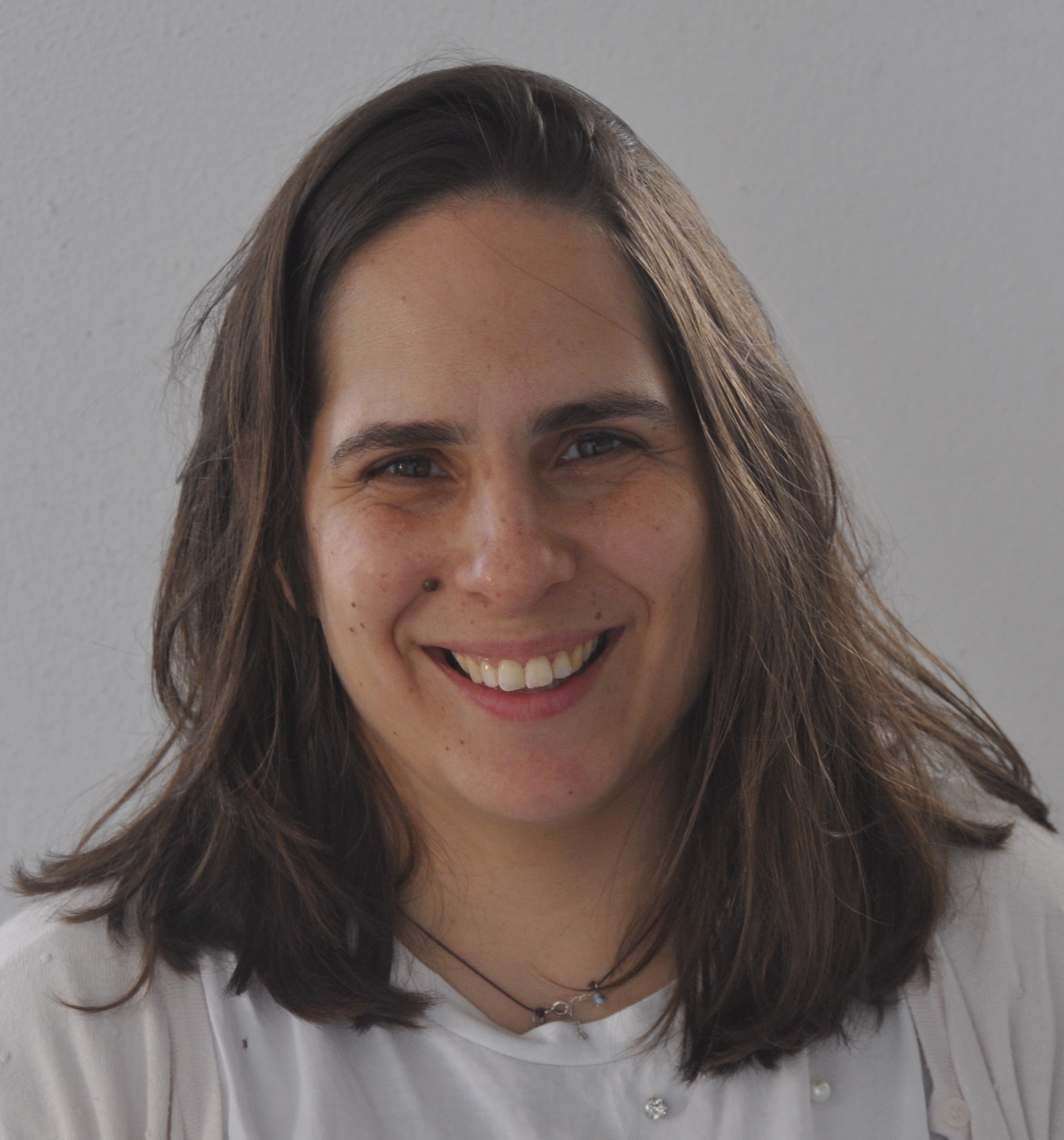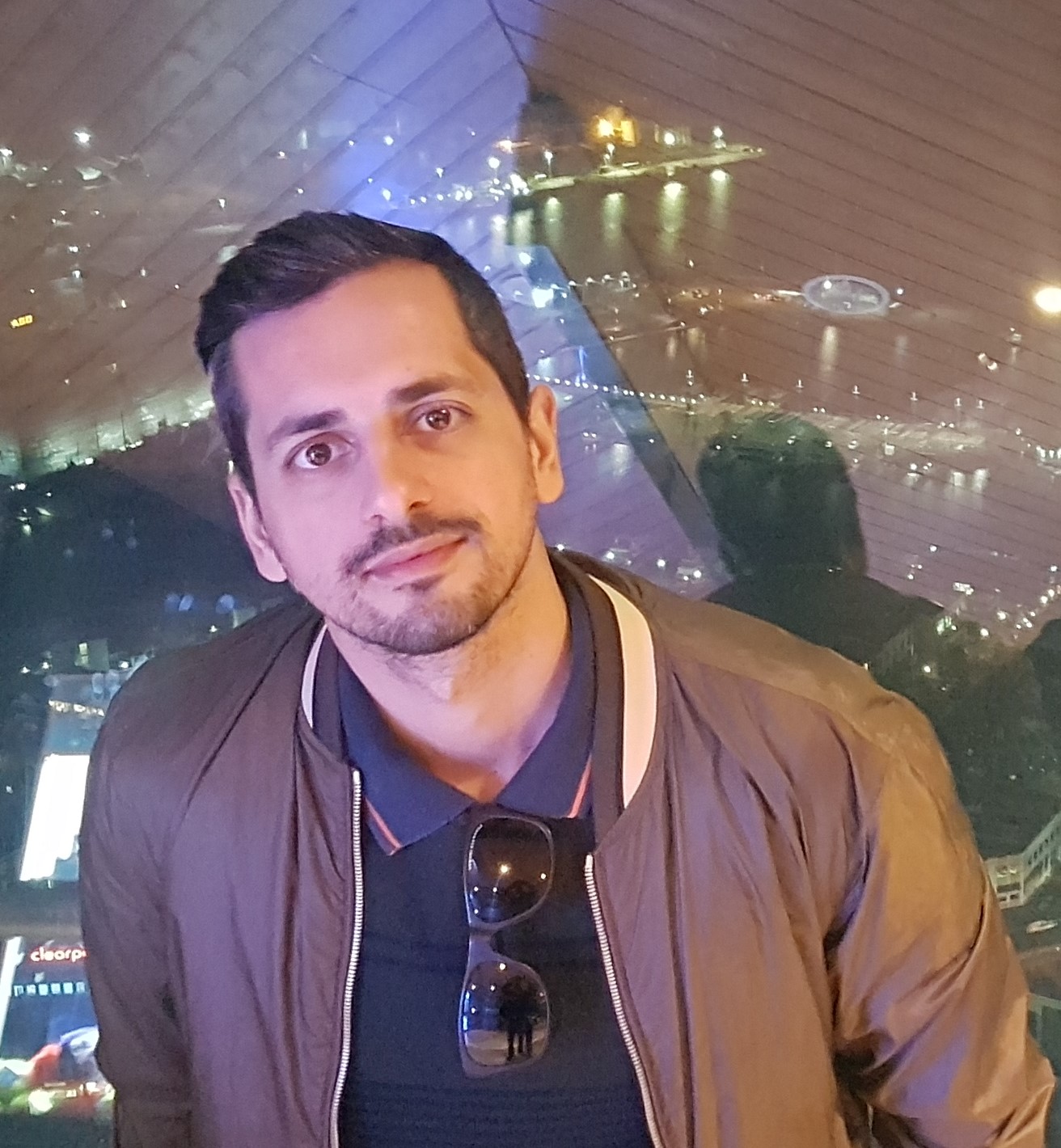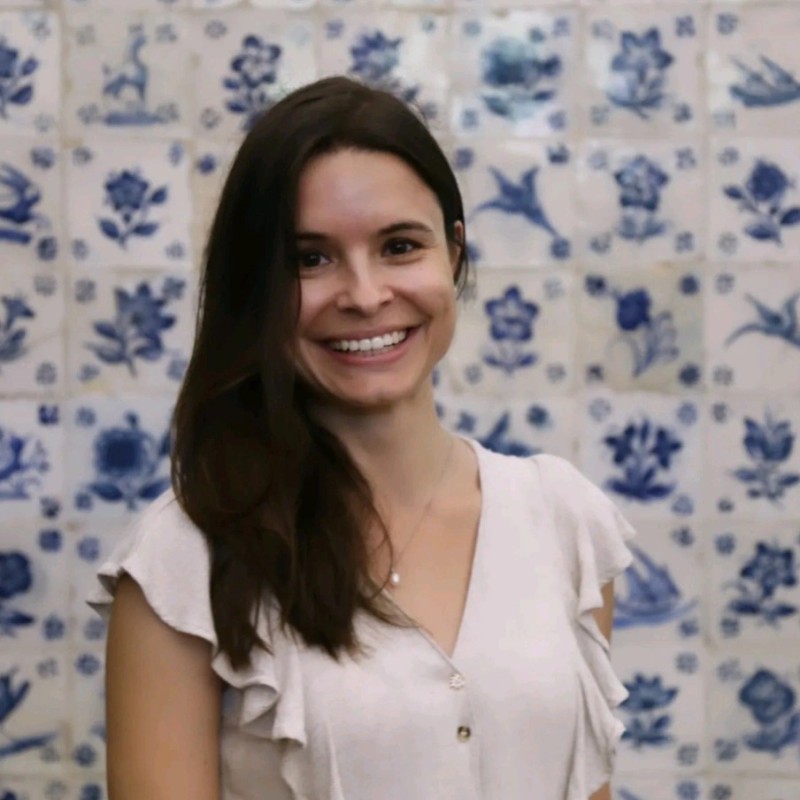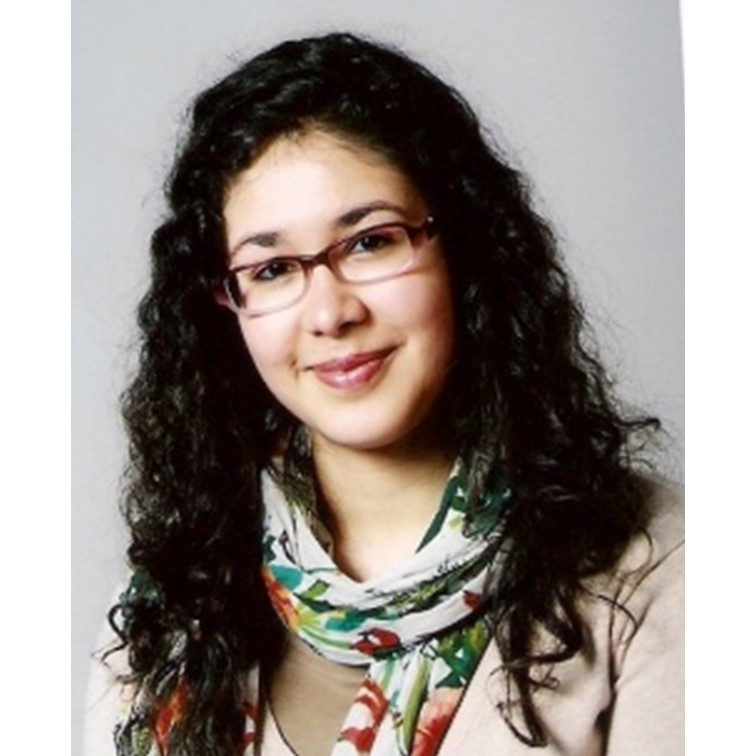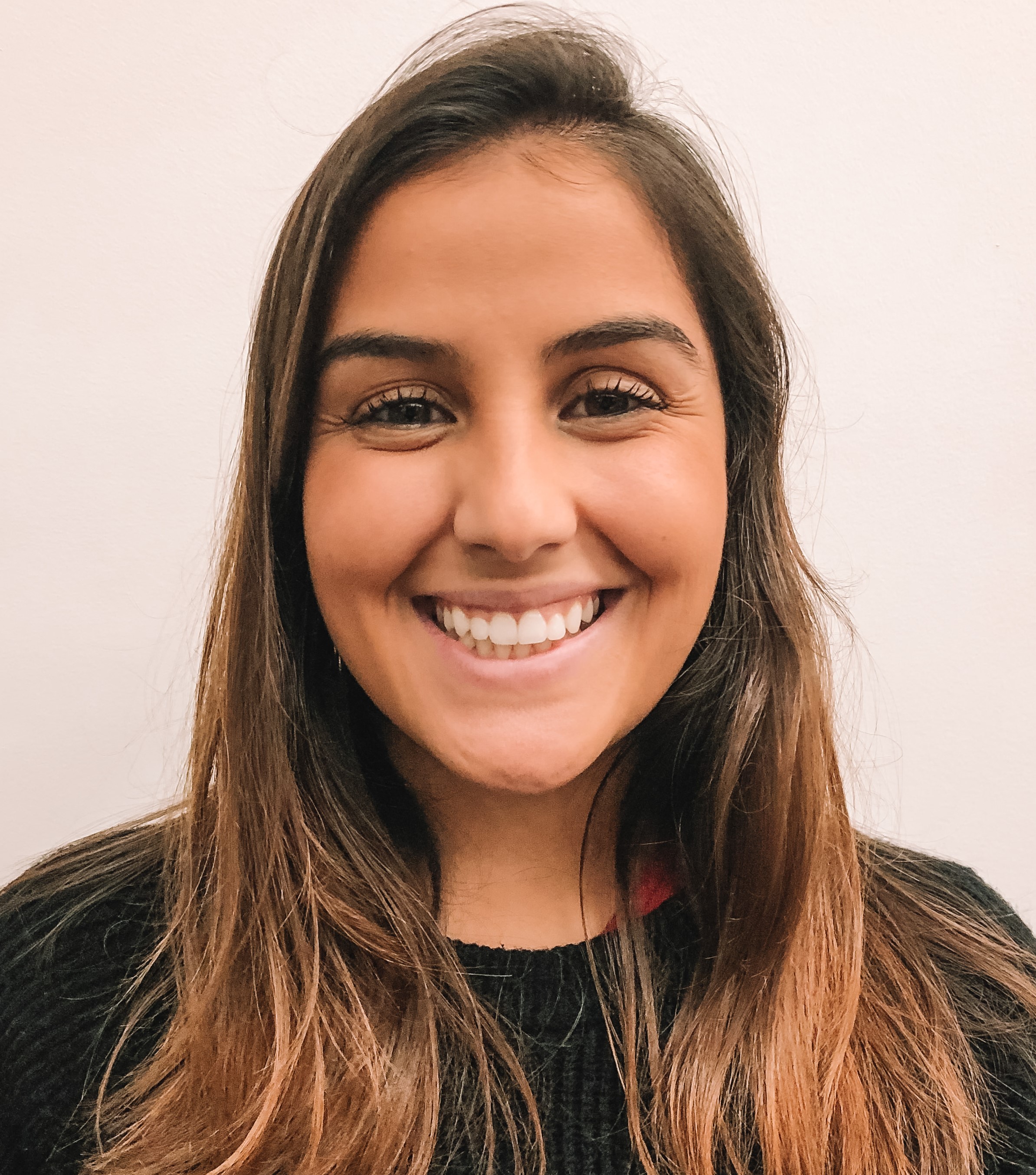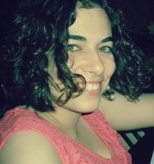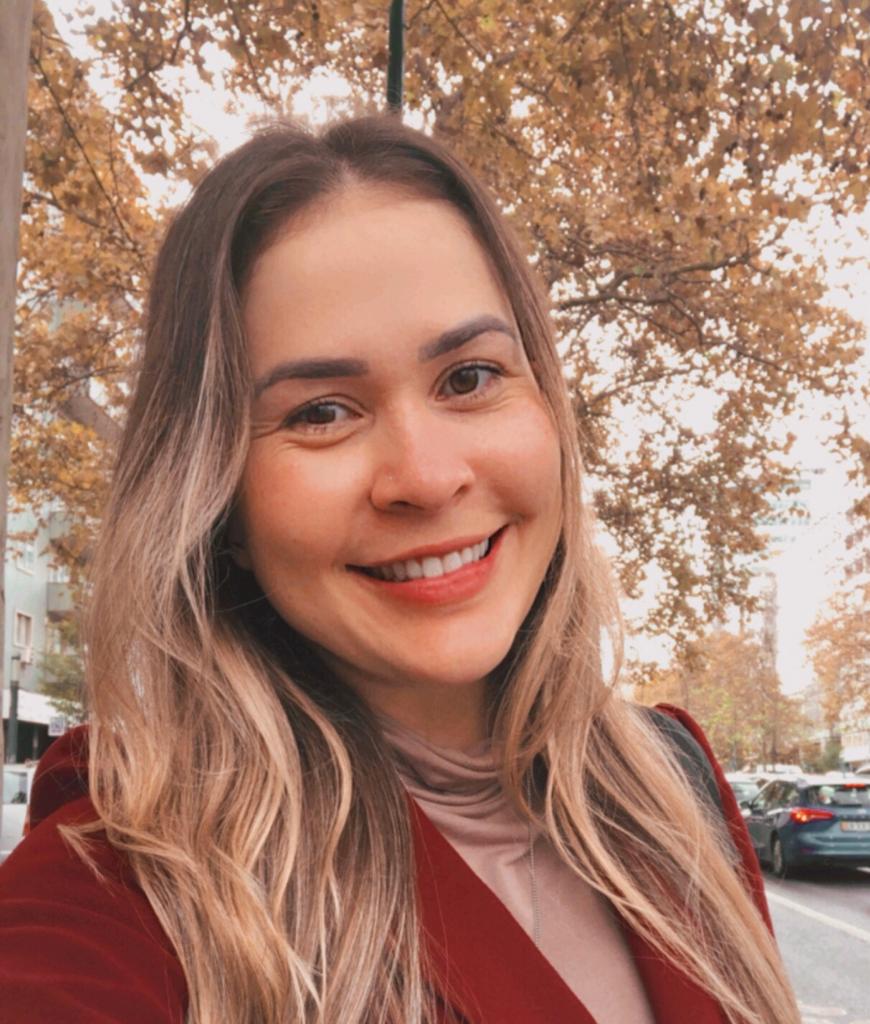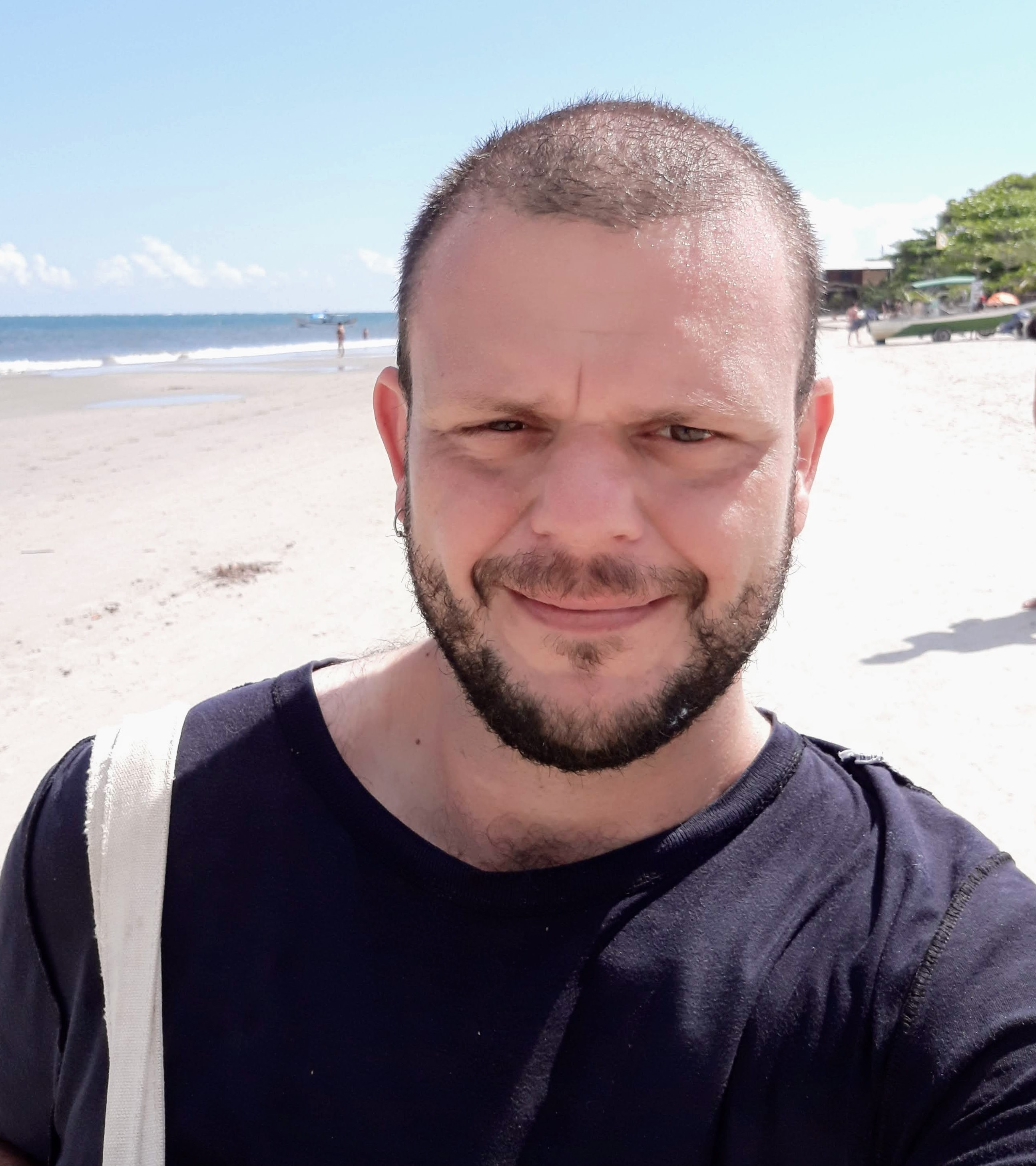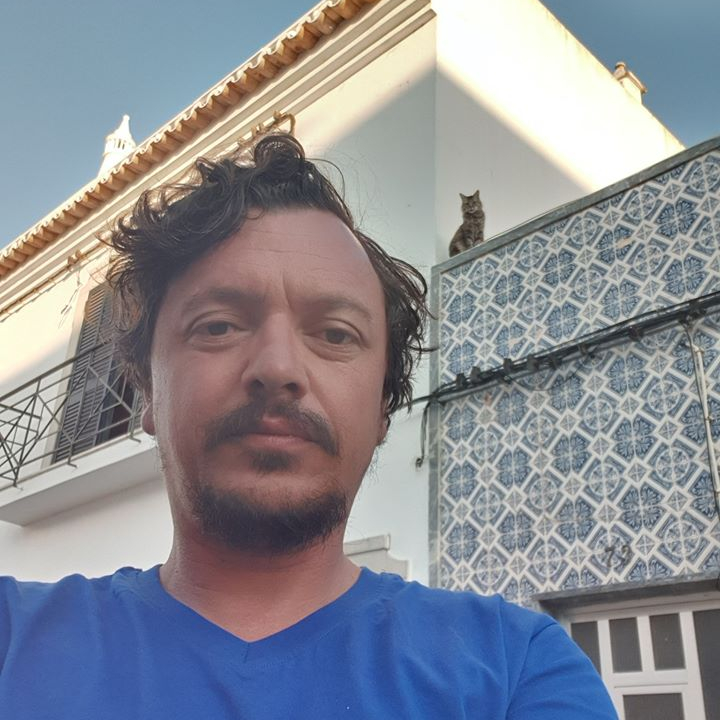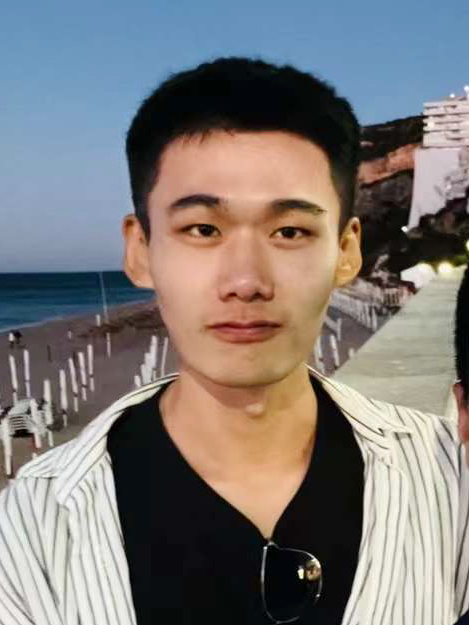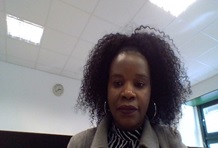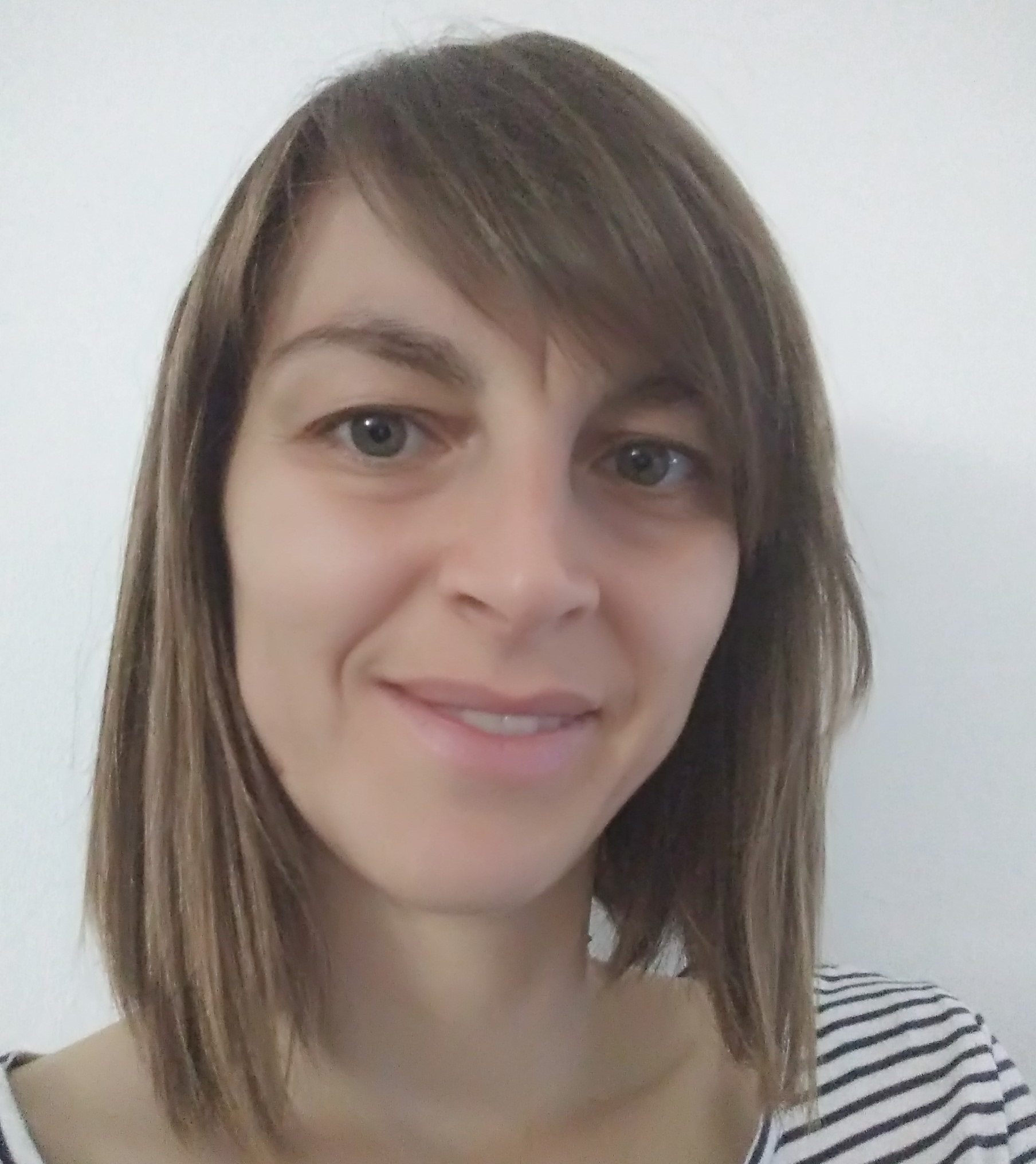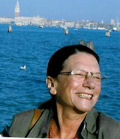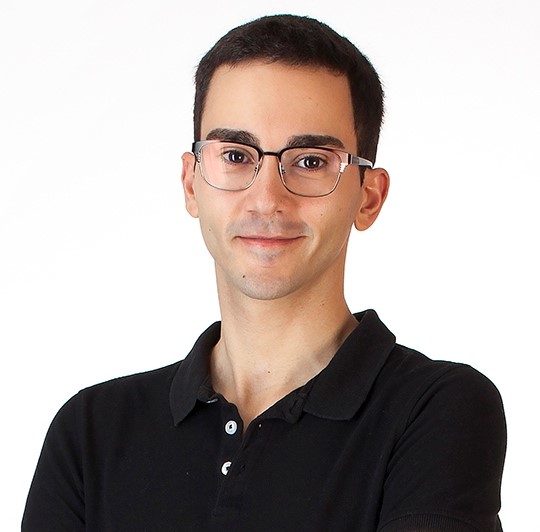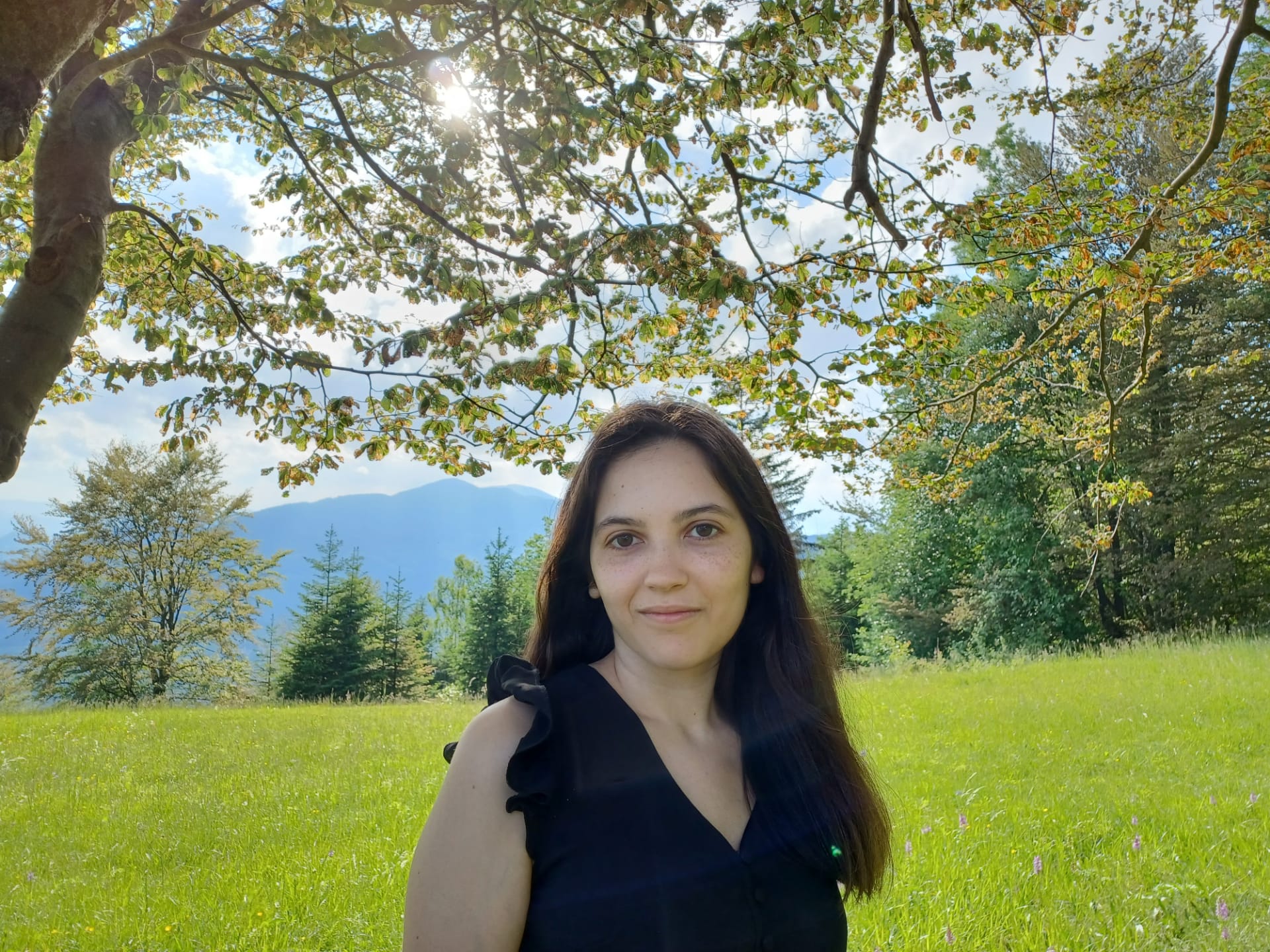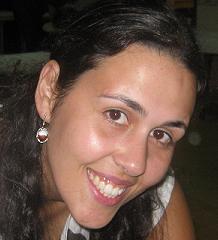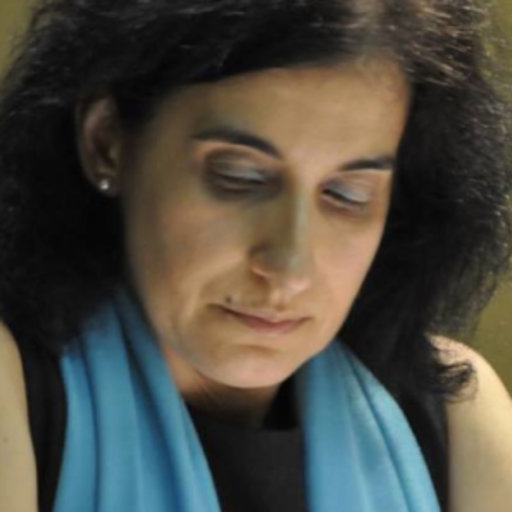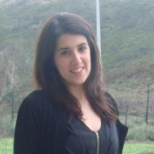Integrated Members
Having concluded her PhD in Linguistics 2021, she develops her research in Syntax and L2 Acquisition. She collaborated and, later, was a full member of the Centre of Linguistics of the University of Lisbon. She collaborated on several projects focusing on the Acquisition of Portuguese as first and second language, Portuguese varieties, and (oral and written) corpora annotation. She was an Invited Assistant Professor at NOVA FCSH and ISPA. Now she is a member of the LiFE Group at CLUNL, where she develops her research on Syntax and L1 and L2 Acquisition.
Associate Professor at Escola Superior de Saúde do Instituto Politécnico de Setúbal, PhD in Linguistics by Universidade NOVA de Lisboa and Université Paris 8 (cojoint programme), and researcher in the group LiFE – Formal and Experimental Linguistics of Centro de Linguística da Universidade NOVA de Lisboa. She was a visitor at MIT, University of Cambridge and Laboratório de Psicolinguística e Aquisição da Linguagem da Pontifícia Universidade Católica do Rio de Janeiro. Her research focuses on Language Acquisition and Language Impairment, and currently she is working on the development of assessment and intervention tools for children with language impairment.
Susana Correia is an Assistant Professor in the Linguistics Department of NOVA FCSH and she is a member of the Linguistics Research Centre of Universidade NOVA de Lisboa (CLUNL). Her research interests cover L1 and L2 acquisition and the construction and validation of language assessment tools. She conducts research in the area of phonological development, phonological awareness, language impairment and early markers of language development. She is responsible for the area of teaching Portuguese as a Foreign Language at NOVA FCSH.
Adjunct Professor in the Escola Superior de Educação de Lisboa and researcher at the Centro de Linguística da Universidade NOVA de Lisboa. She develops research in Language Acquisition, Syntax and Writing. She has presented communications and has published papers on her research topics.
Alexandra Fiéis, PhD (NOVA University Lisbon), is an Associate Professor in the Department of Linguistics at the NOVA School of Social Sciences and Humanities. She teaches courses in syntax, language variation, multilingualism, and second language teaching, and is a researcher at CLUNL. Her work focuses on Portuguese syntax (both synchronic and diachronic), the acquisition of morphosyntactic and interface properties in Portuguese as a first and second language, the teaching and learning of Portuguese as a second language, and the development of materials for second language teaching.
Yuxin Ge is a postdoctoral researcher in second language (L2) phonology at CLUNL, currently supported by an ERA Fellowship under the HORIZON-WIDERA-2024-TALENTS-02-01 call. Her research investigates how adult learners acquire non-native phonological features and vocabulary, focusing on the cognitive mechanisms underlying learning and individual differences in learning outcomes. Yuxin holds a PhD in Linguistics from Lancaster University (UK), where her doctoral research used a cross-situational statistical learning paradigm to examine the acquisition of non-native words by adults. During her PhD, she contributed to the ProPerL2 project at CLUNL [FCT grant agreement 2022.04013.PTDC], and subsequently held a postdoctoral position at CLUNL funded by the Global Advancement Fund from Lancaster University.
Associate Professor in the Department of Linguistics of the School of Social Sciences and Humanities, teaching courses in general linguistics, syntax and second language acquisition. She is also a researcher in the Linguistics Research Centre of Universidade NOVA de Lisboa, participating in projects in the following areas: syntax (synchrony and diachrony of Portuguese); language policies; acquisition of Portuguese as a first and second language; material development for second language teaching.
Assistant Professor in the Department of Linguistics of the Department of Linguistics of the School of Social Sciences and Humanities and researcher in the Linguistics Research Centre of Universidade NOVA de Lisboa. Her main research areas are generative second language (L2) acquisition, comparative syntax, and L2 teaching. Her work focuses on English and Romance languages, particularly European Portuguese. She has participated in funded research projects in the following areas: L2 acquisition, learner corpora, and L2 teaching.
Collaborators
Guilherme Barbosa holds a Master’s degree in Language Sciences – Linguistics from NOVA FCSH (2022) and a Bachelor’s degree in Portuguese Language and Literature from the Federal University of Pernambuco (2014). He has experience as a Portuguese Language teacher in the final years of elementary education in the public school system of Jaboatão dos Guararapes, Pernambuco, Brazil. He is currently pursuing a Ph.D. at NOVA FCSH under the supervision of Professor Alexandra Fiéis. His research interests lie in Educational Sociolinguistics, the theoretical and epistemological framework of his doctoral studies. In this context, his investigations frequently address topics such as Portuguese language teachers’ beliefs and language attitudes, the pluricentric nature of Portuguese in educational settings, and Portuguese language teaching from the perspective of Variation Pedagogy.
PhD in Linguistics and Language Teaching at NOVA FCSH, she conducts research in the area of language development and educational linguistics, having participated in research projects on L1 and L2 acquisition and in different areas of Portuguese language teaching (development of metalinguistic skills, reading and writing, language assessment). She was a doctoral fellow from FCT (2011-2016) and CEEC/FCT researcher (2020-2025) at the Linguistics Research Centre of NOVA University Lisbon. She was a member and coordinator of the Preventive Intervention Project for Learning to Read and Write (PIPALE). She is an Assistant Professor at the Faculty of Letters of the University of Lisbon and a researcher in the Grammar & Resources group at the Linguistics Center of the University of Lisbon.
Bruna Bragança has a master degree in Child Language Development and Disorders with a specialization in Language Education and Teaching, from School of Social Sciences and Humanities of the Universidade NOVA de Lisboa and Escola Superior de Saúde of the Instituto Politécnico de Setúbal. Her dissertation on the acquisition of verbal inflectional morphology by bilingual children was supervised by professor João Costa. Her main research areas are First and Second Language Acquisition. She was a research grant holder within the project PIPALE.
Tatiana Cavalcanti has a degree in Speech Therapy from the Universidade Católica de Pernambuco (Brazil) and holds a master’s degree in Language Sciences from the same University. She is a clinical therapist specialized in Fluency Disorders and has coordinated the GEAG – “Grupo de Estudos e Atendimento à Gagueira” (Study and Stutter Care Group) at the Universidade Católica de Pernambuco for eleven years. She has experience as a guest lecturer in the subjects of Language Acquisition, Language Disorders and Techniques of Speech, Diction and Oral Expression. She is a PhD student in Linguistics, specialization in Psycholinguistics, at NOVA FCSH with the project “A gaguez como um distúrbio de linguagem: análise prosódica das palavras gaguejadas por crianças falantes do português europeu e português brasileiro” (Stuttering as a language disorder: prosodic analysis of the words stuttered by children speaking European Portuguese and Brazilian Portuguese).
Yumo Ci is a PhD student in Linguistics at NOVA University Lisbon. Her research interests include phonetic and phonological acquisition, psycholinguistics, and non-native language acquisition. Currently, her PhD project investigates the perception and production of Mandarin tones by Portuguese learners.
João Costa is Director of the European Agency for Special Needs and Inclusive Education, since January 2025, Chair of the Advisory Group of the OECD Global Forum “Future of Education and Skills 2030”, since 2024, and Chair of the OECD Education Policy Committee, since January 2024.
Full Professor of Linguistics at Universidade NOVA de Lisboa, he holds a PhD in Linguistics (1998) from the Leiden University and he dedicates his research activity to the domains of theoretical syntax, language acquisition and development, and educational linguistics.
PhD in Linguistics, specialisation in Psycholinguistics, supervised by Professora Maria Lobo. She has a Master in Speech and Hearing Sciences by Universidade de Aveiro and a Degree in Speech-language Therapy by Escola Superior de Saúde da Universidade de Aveiro. She worked as a speech-language pathologist. Her areas of interest are language acquisition and language impairments. Her PhD thesis is entitled “Syntatic abilities in children with autistic spectrum disorder”.
Degree in Linguistics at NOVA FCSH in 2000. Post-graduation in Portuguese (mother and foreign language) Educational background at NOVA FCSH in 2004. Master degree in eLearning Systems Management at NOVA FCSH em 2012. Portuguese foreign language teacher at NOVA FCSH since 2004 and at NOVA SBE since 2015. Participation in projects: CIPM, Corpus Informatizado do Português Medieval; ALME – LINGUA 1.3 ALME; ONENESS – On-line less used and less taught language course project; DLPM – Dicionário da Língua Portuguesa Medieval; DTAAPFOL – Dicionário de termos de aquisição e aprendizagem do português para falantes de outras línguas.
Ana Rita Faustino is a lecturer at Instituto Superior de Contabilidade e Administração de Lisboa (ISCAL) and Escola Superior de Educação de Lisboa (ESELx). She holds a PhD in Linguistics and Language Teaching from NOVA FCSH, with a thesis entitled “Noticing and bridging the gap: use and effect of corrective feedback in the foreign language classroom” (supervision of Professor Ana Madeira and co-supervision of Professor Ana Matos).
Ana Rita conducts research in the areas of second language acquisition and foreign language didactics at the Linguistics Research Centre of NOVA University Lisbon (CLUNL) and at the Centre for English, Translation and Anglo-Portuguese Studies (CETAPS).
In 2011, she obtained a Master’s degree in English and German Teaching, from the same faculty, with the dissertation entitled “The (inter) cultural component in the production of written text in foreign language teaching and learning”. In 2013, she won the Prémio Branquinho da Fonseca Expresso/ Gulbenkian for her children’s book “O Cotão Simão”.
Maria Isabel Fraústo has a degree in Portuguese (2013) and a master’s degree in Portuguese as a Foreign and Second Language (2017) from the Faculty of Letters of the University of Coimbra. She has been a PLE teacher since 2015, having collaborated with various institutions such as: Lahrech Education Centre, Algeria (2015); Universidad Jose Simeon Cañas, El Salvador (2016) and Uniwersytet Jagielloński w Krakowie, Poland (2018-2022). She currently teaches PLE to adults of various nationalities.
Wenjun Gu, PhD student in Linguistics from Universidade NOVA de Lisboa; MA in European Language and Literature from Shanghai International Studies University (SISU); graduated in Portuguese Language and Culture from the same university. Since 2012, she has been teaching Portuguese at SISU.
M.A degree in Language Sciences – Psycholinguistics by the School of Social Sciences and Humanities of the Universidade NOVA de Lisboa. Attending the PhD program in Psycholinguistics by the School of Social Sciences and Humanities of the Universidade NOVA de Lisboa under the supervition of Professor Maria Lobo. The research focuses on the properties of the null pronoun in the Angolan Variety of Portuguese, interpretation and processing.
Victoria Isrigova is a PhD student in Linguistics at the University of Porto, working under the supervision of Juliana Novo Gomes and Joana Teixeira (CLUNL). Her research is conducted at both the Centre for Linguistics of the University of Porto and the Centre for Linguistics at NOVA University Lisbon. Her thesis, “Interfaces in L2: The Acquisition of English Dative Alternation”, explores the acquisition of English by native Portuguese speakers from a psycholinguistic perspective. This project is funded by an FCT grant (2024.03031.BD). Her main research interests include language acquisition, psycholinguistics, and language pedagogy, and she also has extensive experience in teaching.
She graduated in Portuguese Language and Culture at the Guangdong University of Foreign Studies in 2017, and in 2021 she completed her master’s degree in the specialisation area “Syntax and Second Language Acquisition” at the University of Lisbon. She is a PhD candidate in General Linguistics at NOVA FCSH. Her research interests include syntax, linguistic processing and second language acquisition. Grantee of the Research Grant of Fundação para a Ciência e a Tecnologia, IP (FCT) with reference UI/BD/152815/2022.
Associate Professor with ‘Agregação’ at the Linguistics Department of the School of Social Sciences and Humanities of Universidade NOVA de Lisboa. Researcher at CLUNL and Collaborator at CLUL. Her main research interests are in the following areas: Syntax, Language Acquisition, Linguistic Variation.
PhD in Linguistics from NOVA University, Lisbon focusing on the teaching of pronunciation in a foreign language. Lecturer in English as a Foreign Language at the same university having previously worked for the British Council in Lisbon as an English teacher and materials writer.
João de Matos is a teacher of Portuguese as a Foreign Language and a Ph.D. grant holder in Linguistics (Psycholinguistics) at NOVA University Lisbon (UI/BD/152814/2022). He completed his MA in Language Sciences (Linguistics) at NOVA University Lisbon in October 2020 with a dissertation in the field of Experimental Psycholinguistics about the processing of grammatical gender features in European Portuguese supervised by professors Susana Correia and Matilde Gonçalves. In 2021, his dissertation won the “NOVA FCSH 2020-2021 Gender Equality and Diversity Award” and the “Portuguese Association of Linguistics / Maria Helena Mira Mateus 2021 Research Award”. His main research interests are Experimental Psycholinguistics and Linguistic Processing. At the moment, his main research topic is the interaction between Language, Gender, and Human Cognition.
Joana Miguel has been a Speech Therapist since 2006, by Escola Superior de Saúde de Alcoitão, specialized in Special Needs Education by the Faculdade de Motricidade Humana of Universidade de Lisboa, in 2009. Currently a PhD student in Psycholinguistics at the Faculdade de Ciências Sociais e Humanas of Universidade NOVA de Lisboa. Her professional practice is related to children and adolescents with neurodevelopmental disorders. She is the clinical director of CAIDI (Centro de Apoio e Intervenção no Desenvolvimento Infantil), coordinating the Research and Development Department. Research interests: language processing, reading and writing.
“Técnico Superior” at Camões I.P., since October 2021, develops interactive web applications. Areas of interest: Second Language Acquisition, Development of Interactive Web Applications with R and Shiny, Statistics and Data Analysis/Visualization with R.
Ph.D in Linguistics (Psycholinguistics), developed her Ph.D research on language acquisition in deaf children with cochlear implants, supervised by Professor João Costa. She has a Graduation in Linguistics at the Faculty of Letters and a Master in Cognitive Science at the Faculty of Psychology, University of Lisbon. She was researcher scholarship in several Linguistic research projects related with oral and sign language acquisition and development and with bimodal bilingualism in deaf children with and without cochlear implants, which are her areas of interest. She was a Ph.D grant holder within the KRUse Program (PD/BD/105763/2014).
Henrique Simão Mutali holds a Master’s degree in Biblical Theology from the Faculty of Theology of the Catholic University of Portugal and a Master’s degree in Linguistics (Syntax) from the Faculty of Letters of the University of Lisbon.
He is currently a PhD candidate in Linguistics at the School of Social Sciences and Humanities of NOVA University Lisbon and he has been developing research in the field of Portuguese variation in time and space, especially in what differentiates it from European and Brazilian Portuguese.
Chukwuedo Monday Okwuokei is a Professor of Portuguese Language at Lagos State University, Nigeria. He earned his Bachelor’s degree in Foreign Languages from Lagos State University in 2015, graduating as the overall best student from the Faculty of Humanities. By 2017, he started teaching Portuguese at the same University.
He holds a Master’s degree in Linguistics from the Faculty of Letters, University of Lisbon (FLUL), obtained in 2021. In 2022, he was awarded the Camões Scholarship for the C1 Curso Anual at NOVA FCSH. Currently, he is a Doctoral Candidate in the Language Didactics program at Universidade Aberta/NOVA FCSH, where he is writing his doctoral thesis on Content and Face Validity with Nigeria as a case study.
His research interests include Language Pedagogy, Applied Linguistics, and the Economics of Language.
PhD student in Linguistics and Language Teaching (Grant: 2024.04052.BD), with a research project in Portuguese as a Heritage Language. She has a degree in Modern Languages and Literature – Portuguese Studies, from the University of Lisbon and a Master’s degree in Portuguese as a Second/Foreign Language from the University of Porto. She is a teacher of Portuguese language in Secondary school and has collaborated with Camões, I.P., in Portuguese Courses for foreigners, since 2012. She was a Lecturer at Instituto Camões in New Jersey. She has worked in the development of teaching materials, being the co-author of several workbooks of Portuguese as a foreign language, for general and specific purposes.
Ronan Pereira holds a master’s degree in Sciences of Languages (specialization in Language Development and Language Impairment, a post-graduation in Teaching Methodology for Portuguese and Foreign Languages, and currently is a PhD student in Linguistics – Psycholinguistics. His PhD dissertation focuses on second dialect acquisition, namely the acquisition of European Portuguese specific morphosyntactic properties by native Brazilian Portuguese immigrants in Portugal in a socio- and psycholinguistic perspective. Furthermore, he also conducts research in second language acquisition, as well as language variation.
Cátia Ramalhinho holds a B.A. in Portuguese and Lusophone Studies, a master’s degree in Teaching Portuguese and Classical Languages, and postgraduate qualifcatons in Teaching Portuguese as a Foreign Language and in Politcal Science and Internatonal Relatons. She is currently pursuing a PhD in Language Didactcs, specializing in Teaching Portuguese as a Foreign Language, at NOVA FCSH in associaton with Universidade Aberta. She has taught in educatonal insttutons across various sectors, working with diverse student groups.
Maria Teresa Brito Chedas de Sampaio has a Degree in Basic Education and a Professional Master’s Degree in Teaching the 1st and 2nd Cycles of Basic Education from the Lisbon Higher Education School of the Lisbon Polytechnic Institute. Maria Teresa also has a Master’s degree in Integrated Didactics in Portuguese Language, Mathematics, Natural and Social Sciences, from the Escola Superior de Educação de Lisboa of the Instituto Politécnico de Lisboa, having carried out a dissertation on the use of unconventional texts in teaching natural sciences to its effectiveness in learning.
Its main area of interest is the Acquisition and Development of Language nº 1st Cycle of Basic Education, in particular with regard to the explicit teaching of lexicon and vocabulary and their role in the development of writing skills. Currently developing research on lexicon and writing, within the PhD in Language Didactics – Multilingualism and Education for Global Citizenship, area of specialization Teaching Portuguese as a Mother Tongue (L1).
Ana Santana holds a master’s degree in Language Sciences, specialization area Language Development and Disorders, from NOVA FCSH, since 2020, having developed a dissertation on “Perfil de crianças com alterações fonológicas: contributo para o diagnóstico em Terapia da Fala” under the supervision of Professors Susana Correia and Ana Castro.
She graduated in Speech Therapy in 2018 at IPS-ESS.
Carolina Silva has a PhD degree in Linguistics (area of specialization in Psycholinguistics) from School of Social Sciences and Humanities of NOVA University of Lisbon (NOVA FCSH). She is currently an Invited Assistant Professor at Escola Superior de Educação – Instituto Politécnico de Setúbal, and has collaborated as an Invited Assistant Professor at NOVA FCSH. Her research has been developed in first and second language acquisition of different types of pronouns and relative clauses in European Portuguese. More recently, she has also been doing research on academic writing. She has participated in conferences and published papers at a national and international level.
PhD student in Portuguese Linguistics at NOVA University Lisbon. Master in Language Studies (UFRN), with emphasis on Variationist Sociolinguistics. Graduated in Portuguese Language Literature and Literature (UFRN) and Degree in Geography (IFRN). Experience as a Portuguese and Literature teacher at the IFRN campus Santa Cruz (IFRN-SC), at the Universidade Potiguar (UnP), in an extension project at UFRN (DCE) and proofreader of Language texts.
Juliano Sippel holds a master’s degree in Language Studies, by Universidade Tecnológica Federal do Paraná, and a degree in Letters, Portuguese and Spanish, by Universidade Federal do Paraná. Works with language teaching and editing and production of teaching materials. He is currently a PhD student in Linguistics at Universidade NOVA de Lisboa, and a FCT grant holder (ref.: 2023.05107.BD), developing the project “Ensino de escrita e desenvolvimento de manuais didáticos de português L2″ under the supervision of Professor Ana Madeira.
Holds a master’s degree in Linguistics and Literary Studies and was awarded an EUTOPIA co-tutelle PhD Scholarship (EUTOPIA-PhD-2021-0000000063). He has been developing his research in the area of the acquisition of foreign/second language phonology. Within the joint PhD program EUTOPIA 2022, he is conducting the PhD project “Investigating the impact of implicit and explicit instruction on phonological acquisition in a second language”, under the supervision of Susana Correia (NOVA FCSH) and Alex Housen (Vrije Universiteit Brussel).
Wen Shen has a bachelor’s degree in Portuguese Language and Culture from Guangdong University of Foreign Studies and a master’s degree in Portuguese as a Foreign and Second Language from the University of Coimbra. She has been a teacher of Portuguese as a Foreign Language in China since 2017. She is currently a PhD student in Linguistics and Language teaching at NOVA University Lisbon. Her main research interests include third language acquisition and language pedagogy.
Yolanda Xavier is a PhD candidate in Linguistics, with a specialty area of Psycholinguistics, and an FCT PhD grant holder (2022.13977.BD). She completed her Bachelor’s degree in Languages, Literatures and Cultures (English Studies) from the Faculty of Arts and Humanities (University of Lisbon) and her Master’s in English Didactics, a collaboration between NOVA FCSH and Aberta University. Her PhD investigates the relationship between non-native speech production and sociolinguistic attitudes of native European Portuguese speakers.
PhD student in Linguistics at the Faculty of Social and Human Sciences at NOVA University Lisbon, specialized in Linguistics and Language Teaching. He completed his master’s degree in the area of syntax and second language acquisition at the Faculty of Arts of the University of Lisbon in 2021 and graduated in Portuguese Language and Culture at Beijing International Studies University (BISU) in 2017. His research interests focus on syntax and second language acquisition.
External Collaborators
PhD in Linguistics and Language Teaching from NOVA University Lisbon, with the thesis “A alternância indicativo/conjuntivo no português de Moçambique. Implicações pedagógicas na aprendizagem do português língua segunda” (“The indicative/conjunctive alternation in Mozambican Portuguese. Pedagogical implications for learning Portuguese as a second language“). She teaches General Linguistics and Phonetics and Phonology of Portuguese at the University iSave. She completed her Bachelor’s and Master’s Degree in Portuguese Teaching at the Pedagogical University of Mozambique in 2009 and 2014.
Assistant Professor with ‘Agregação’ in the Department of Linguistics and Literatures (College of Social Sciences) of the University of Évora, where she teaches since 1991. Her scholar activity has been developed in the area of Portuguese Language and Linguistics in the, 1st, 2nd and 3rd cycles of studies. In the scientific domain, she has been working mainly in the area of Philology and Textual Criticism, focusing her interest in the texts from the ancient and classical periods of the Portuguese language; in the area of History of the Portuguese language, but also in the area of Variation studies.
Portuguese teacher at Instituto Español “Giner de los Ríos” de Lisboa. Researcher at CLUNL. Her research interest is in bilingual language aquisition (portuguese/spanish).
She retired as an Associate Professor at NOVA FCSH in 2010. In addition to teaching at Linguistics Department, she served as chairperson of the Scientific Committee and of the Pedagogical Commission (1996/97/99), and also as Coordinator of the Educational Training Branch (RFE) in Portuguese as foreign language for graduates in linguistics (1997/2006). In the field of research, she has collaborated in projects about teaching/learning in Portuguese, second language, and has directed some Portuguese teams of international projects related to the subject (Sócrates/ LINGUA-L, ONENESS). She participated in projects of constitution of corpora, namely of medieval Portuguese, and elaboration of materials from them. She was president of the Scientific Committee of CLUNL between 2006 and 2010. Currently, in collaboration with Maria Francisca Xavier and João Malaca Casteleiro, she is particularly dedicated to the conclusion of the Project “Dictionary of the Portuguese Medieval Language”.
Holds an International M.Sc. in Management from NOVA School of Business and Economics with an area of expertise in Strategy and International Business. Has a degree in Languages, Literatures and Cultures from the University of Lisbon (FLUL) with specializations in Editing and Portuguese. Student of the Master’s in Linguistics at the University of Lisbon (FLUL). Teacher of Portuguese for foreigners at Instituto Politécnico de Leiria (2014; 2019-2022). Manager for the Data Science for Social Good Europe Summer Fellowship (2017; 2018) – The University of Chicago & NOVA SBE. He was awarded a grant from CLUNL & The University of Tübingen (BI-LIC-1 TU/CLUNL) to collaborate in the development of research in the LiFE Group.
Catarina Rosa graduated from NOVA FCSH with a bachelor’s degree in Languages, Literatures and Cultures. She holds a master in Portuguese and English teaching, with a supervised teaching report on the awareness of language variation within language classes. Her main areas of interest are language variation and educational linguistics. She was a research grant holder in the research group LiFE, collaborating on projects related to L1 and L2 development. Currently, she is working within the project PIPALE.
Learning and Teaching Adviser in the HANDS Programme, a project funded by the New Zealand
Government that supports the Ministry of Education of Timor-Leste in the area of preschool education, and a researcher at the Linguistics Research Centre of the NOVA University of Lisbon (CLUNL). She is a PhD candidate in Linguistics at FCSH NOVA, specializing in Linguistics and Language Teaching. Her research focuses on L2 acquisition from a generative perspective and on the implications that phenomena such as L1 transfer have for L2 teaching, with a specific focus on Timor-Leste. In addition to her research, she has taught at the National University of Timor Lorosa’e, Timor-Leste (2004-2006 and 2020-2023), the University of Manchester, UK (2007-2009), and the Lisbon School of Education, Portugal (2010-2011). Having dedicated 20 years to Timor Leste and its languages, she is a co-author of the national curriculum for the 1st and 2nd cycles of Basic Education in the subjects of Tetum and Portuguese Literacy, for which she has written textbooks, a transfer primer, grammars, readers, and bilingual dictionaries. She is a certified Portuguese-Tetun translator recognized by the Portuguese Translators Association and is part of the task force at the National Institute of Linguistics of Timor Leste.
PhD in Linguistics (Syntax) from Universidade NOVA de Lisboa. Collaborating member of thee Lingusitics Research Centre of this University. Coordinating Professor at Paula Frassinetti’s School of Education in Porto, in initial and post-graduate training, where she also has been director of the Master’s Degree in Educational Sciences since 2008, specializing in Reading Animation. Her current research interests are language development, Portuguese didactics and reading competence.
Gabriela Tavares has extensive experience in teaching L2 Portuguese, having worked for several years in Hungary in collaboration with Camões, I.P., in both secondary and higher education. She has participated in several projects on L2 speech acquisition as a researcher at the Linguistics Center of NOVA University Lisbon. She currently holds a postdoctoral fellowship in a project on L1 phonology acquisition, as a member of the Linguistics Center at the University of Lisbon. In parallel, she continues to conduct research on experimental approaches to L2 acquisition, focusing on speech perception and collaborating with national and international research teams.
PhD student in Linguistics, was a grant holder in the FCT Doctoral Programme Linguistics – Knowledge, Representation and Use (PD/BD/113973/2015). She develops her research on acquisition of clitic pronouns by bilingual and bidialectal children supervised by Professor Maria Lobo. She has Master in Linguistics (2014) and a Degree in Language Sciences (2011) by Faculdade de Letras da Universidade de Lisboa. Between 2011 and 2015 she was a Research assistant at CLUNL strategic project [PEst-OE/LIN/UI3213/2014] and at the project “Fatores sintáticos e lexicais na complexidade do processamento” [PTDC/CLE-LIN/114212/2009].
PhD in Linguistics (Psycholinguistics). Degree in Linguistics and Speech and Language Therapy, Master in Linguistics. She has participated in several research projects in the field of language acquisition and development at the Linguistics Research Centre of the NOVA University of Lisbon. In addition, she works as a Speech and Language Therapist and is the Clinical Director of REDE – Rehabilitation and Therapeutic Development Center.
Menu
- Projects
- Ongoing projects
- SPELL2 – Synchronizing Perceptual and Lexical Abilities in Second Language Acquisition
- Escola da Palavra: (re)significar a vida pela palavra
- MultiPoD – Multilingual and Multicultural Spaces for Political Deliberation
- HEREDITARY – HetERogeneous sEmantic Data Integration for guT-brAin interplay
- TTC-CPLP – Terminologias Técnicas e Científicas para a CPLP
- CHAMUÇA – Portuguese and South Asian Lexicon Archive
- DiTo – Didática do Texto
- REDGRAM – Digital Resources for Education – Grammatical Pathways
- iRead4Skills – Intelligent Reading Improvement System for Fundamental and Transversal Skills Development
- Investigating the impact of implicit and explicit instruction on phonological acquisition in a second language
- LAUA – Language Attrition and Ultimate Attainment
- CORRELATE – Corpora and Lexical and Terminological Resources
- TERMVEST – The Clothing Terminology: European Portuguese version
- POR Nível – Design and validation of a placement test to PFL
- Cultural Heritage Lexicon
- Concluded projects
- EPISTRAN – Epistemic Translation: Towards an Ecology of Knowledges
- NObarriers2Health: Reducing language and cultural barriers through machine translation literacy for inclusive multilingual health communication
- Heritage Languages go to School: The interplay of (extra)linguistic factors in successful language development
- ProPerL2 – Production and Perception in L2 speech learning
- Active Citizenship Through Dialogue in Virtual teacher communities
- ANACOREX – Anafora y expresiones referenciales en el bilinguismo: triangulando enfoques de corpus y experimentales
- G&T.Comenta
- Language and literacy at school – the contribution of metasyntactic abilities to reading comprehension development
- EXPRIMI
- LL2DS – Linking Linguistics to Data Science
- MorDigital – Digitisation of Diccionario da Lingua Portugueza by António de Morais Silva
- Humanities Going Digital (HUGOD)
- QuILL – Quality in Language Learning
- Western Sephardic Diaspora Roadmap
- Caring Communication: gene therapy in the context of hemophilia
- Monitor Corpora. PressCoronaVírus
- COVID-19 Collaborative Glossary
- Com@Rehab – Communication for interactive rehabilitation in virtual reality
- Project GiroFLE
- OrthoDef
- PIPALE – Preventive Intervention Project for Learning to Read and Write
- Digital Edition of the “Vocabulário Ortográfico da Língua Portuguesa” (VOLP-1940)
- Read4Succeed: Improving migrant, refugee and from deprived neighbourhood children reading skills through an Animal Assisted Reading program
- CoRaLHis – Comparing Romance Languages through History: building a multilingual parallel diachronic corpus (13th-18th C.)
- Corpus Linguístico & Avatar para a Língua Gestual Portuguesa
- ELEXIS – European Lexicographic Infrastructure
- MOCOLANG-O – MOdélisation COnceptuelle des troubles (du LANGage et de la communication) en Orthophonie
- ANACOR: A corpus-based approach to anaphora resolution in second language acquisition: beyond the interfaces
- European Portuguese-Standard Arab Dictionary
- Romance clitics in diachrony. An integrated approach
- Portuguese Literature Corpus for Distant Reading
- ALPROF – Automatic Assessment of Language Proficiency for Migrant Integration
- CLARIN CLUNL
- Utopia, Food and the Future
- Development of syntactic structures in Portuguese and French monolingual and bilingual acquisition
- The Case of Grammatical Relations
- BlackBox – a Collaborative Platform to Document Performance Composition: from conceptual structures in the backstage to customizable visualizations in the front-end
- Promotion of scientific literacy
- PerGRam – Percursos para o ensino da gramática nos primeiros anos de escolaridade
- Knowledge Organisation Proposal within the scope of infertility: the role of Terminology
- Subordination in Medieval Portuguese
- Crosslinguistic and Crosspopulation approaches to the Acquisition of Dependencies
- Syntactic and lexical factors in processing complexity
- SIERA – Integrating Sina Institute into the European Research Area
- Syntactic Dependencies from 3 to 10
- Events and subevents in Capeverdean
- TKB – Transmedia Knowledge Base for Contemporary Dance
- Research network projects
- ELEXIS Association
- PhraConRep – A Multilingual Repository of Phraseme Constructions in Central and Eastern European Languages
- Y-JustLang – Justice to youth language needs
- ENEOLI – European Network On Lexical Innovation
- Consortium Huma-Num ARIANE
- GRAFE’Maire
- e-Term ANCV – Recurso terminológico jurídico-parlamentar digital Assembleia Nacional de Cabo Verde
- Metalex – International Metalexicography Network
- @ Cientista Regressa à Escola
- CLIL in Languages Other Than English
- NexusLinguarum – European network for Web-centred linguistic data science
- Distant Reading for European Literary History
- HL2C – Heritage Language Consortium
- KEYSTONE – Semantic Keyword-Based Search on Structures Data Sources
- ARLE – International Association for Research in L1 Education
- ENeL – European Network of e-Lexicography
- GraMaLL – Grasping Meaning Across Languages and Learners
- Language Impairment in a Multilingual Society: Linguistic Patterns and the Road to Assessment
- GIRTraduvino – Grupo de Investigación Reconocido sobre la Lengua de la Vid Y el Vino y su Traducción
- Value for Health CoLAB
- Infrastructures
- Services provision
 PT
PT
